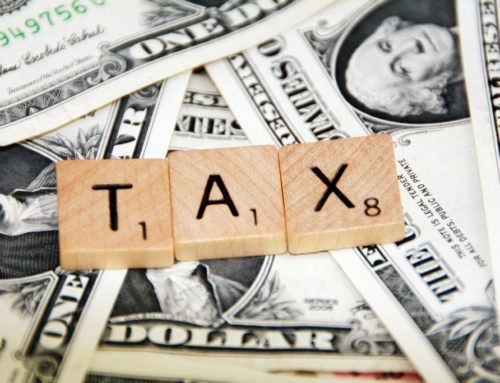Small business owners beware: the IRS may scrutinize reporting of credit card transactions more closely after it was criticized for lax enforcement.
The IRS’ overseer, the Treasury Inspector General for Tax Administration (TIGTA), recently said the IRS had been missing opportunities to audit tax returns that had large discrepancies between income and the card payments reported on Forms 1099-K.
This means small businesses that accept credit, debit or gift card payments can expect to draw the attention of IRS auditors if there are material differences between what is reported on their tax returns and what is on their 1099-Ks.
Tax gap concern driving the scrutiny
TIGTA has estimated an underpayment of more than $450 billion in income taxes every year. In an effort to close this “tax gap,” it recommended the IRS focus on some of the larger or more obvious sources of underpayment.
One area TIGTA identified was on Forms 1099-K, where more than 20,000 taxpayers who received them had discrepancies of more than $10,000 on their returns. Calculating from these minimum numbers, there was at least a $200 million underpayment.
Who is impacted
If you have a business that accepts payment cards like debit cards or credit cards, you will probably receive a Form 1099-K from your payment processor. The form is also required for anyone who has $20,000 in card payments and 200 transactions or more per year. Examples of those who would receive Forms 1099-K include users of PayPal, sellers on Etsy, cab drivers and any small business that accepts card transactions as a form of payment.
Here’s how you can prepare
Receiving a Form 1099-K and reporting it in such a way that the IRS is satisfied can be complicated. You could easily double-report your revenue from 1099-Ks out of an excess of caution. Or, you may not be disclosing your correct reporting of payment card income in a way that IRS audit programs are able to identify. It’s often best to get professional guidance to ensure your return does not stick out when the IRS tries to comply with the TIGTA request for more oversight.






